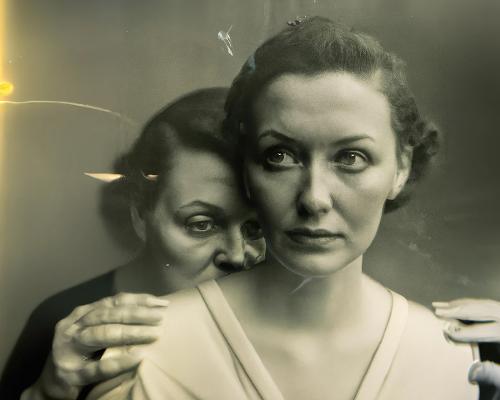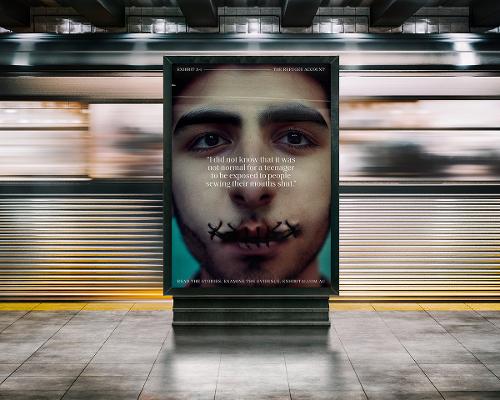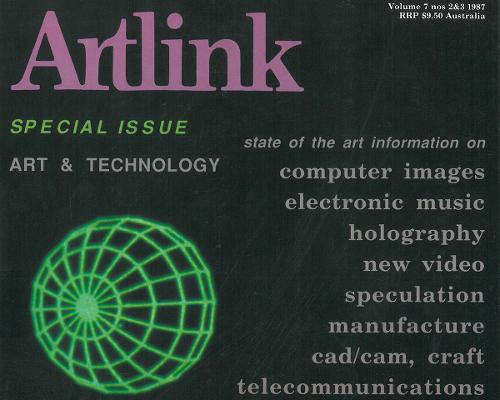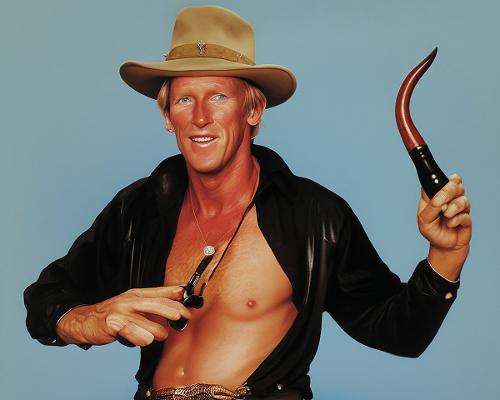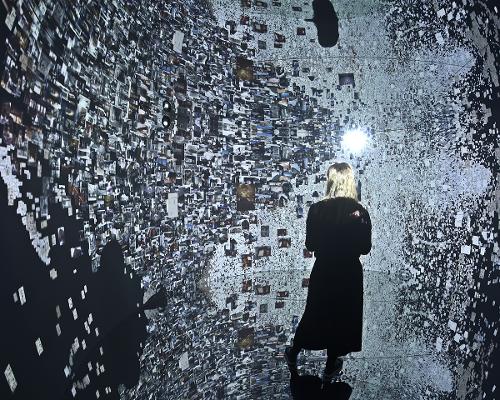I hear a new world: AI’s pop figments
AI will bust your brains out if you don’t break down its problems into bite-sized pieces. But, what problems are we talking about exactly when it comes to AI art? Deep fakes? Content generation software? Chatbots? Gaming aesthetics? Copyright law? Virtual automatism? Deep-learning algorithms? Given how current these issues are, it is easy to forget that, as a term, AI is as old as Pop art. It was coined in 1956 by the American computer scientist John McCarthy in a Dartmouth College research proposal (five years after Alan Turing’s essay, Computing Machinery and Intelligence), around the same time that Lawrence Alloway was putting a label to an emergent brand of British art as tech-consumer anthropology. Just like Pop, AI can fool us into thinking it’s perpetually new, migrating across any number of technologies, processes and moral conundrums, enveloped in the speculative rhetoric of its future effects.




